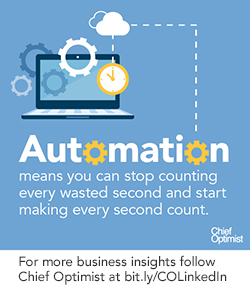Guest post by Richard Jones, General Manager, Financial & Professional Services, Xerox
Everywhere I look, companies are introducing new digital services and re-engineering business processes to capture the value of technology innovation. But with the challenges of this transformation, it’s also easy to see how opportunities get missed – even when you think you’ve got every base covered. One critical factor I frequently see overlooked is the value of document analytics in transformation programs.
Document analytics opens up a whole new level of business intelligence – it’s a real hidden gem. I work with a lot of companies that use document analytics to unlock strategic value through having a better understanding of how, where, and why documents are used across their business. They can benchmark these insights against their peers, identify the potential for additional savings and efficiencies, and get a clear view of which processes need to be improved.
But for many other companies, document analytics still seems to slip through the net. In my view, that’s often down to a capability gap. On one hand, most Managed Print Service providers simply don’t have the expertise or tools required to leverage the value of analytics for transformation. And on the other hand, document analytics falls outside the traditional focus of most transformation consultants, so its value never even registers with them.
All too often, I hear how this results in missed opportunities and a frustrating, incomplete transformation process. By contrast, companies with top-performing transformation programs are taking a more intelligent approach. They’re able to tap into consultancy know-how that comes with a heritage in print and analytics, as well as a suite of proprietary tools. With this support, they understand the real value of document analytics and how to use it to transform business processes.
 You can read more about the role of document analytics in shaping business processes that are truly aligned with business priorities in this e-book.
You can read more about the role of document analytics in shaping business processes that are truly aligned with business priorities in this e-book.



